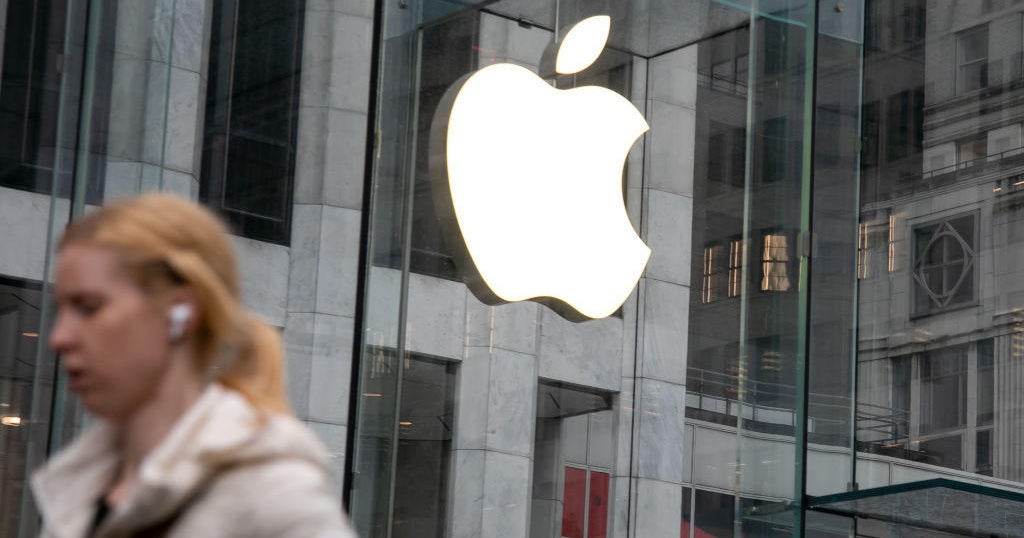The pandemic launched the U.S. into a period of economic uncertainty and market volatility. Rock-bottom interest rates were followed by runaway inflation and a cycle of 11 consecutive Fed rate hikes. While an unnerving environment, it proved to be beneficial for precious metal investors.
“In 2020, gold rose 21% between the time COVID was announced on February 11 and the end of the year,” says Alex Ebkarian, the chief operating officer and co-founder of Los Angeles-based Allegiance Gold.
Since July 2023, the U.S. seems to have found some footing. The Federal Funds rate has held steady and inflation rates have stabilized between 3% and 4%. Further, the Fed said in recent FOMC statements that it aims to bring inflation down to 2% and likely won’t hike the rate again in this cycle.
But what will that mean for precious metal investors, and will gold or silver have an edge? Below, we’ll break down what some experts think.
Considering a gold or silver investment now? Get started here.
Is gold or silver a better investment when inflation cools?
Here’s when each precious metal may be better for investors in a less inflationary climate.
When gold is the better investment as inflation cools
Investing in gold has historically been an effective way to hedge inflation. Its price tends to rise when inflation rises. But other factors can impact its value.
If geopolitical tensions are building
“Even if inflationary pressures ease, geopolitical tensions (i.e. Ukraine and the Middle East) and trade disputes with China and the E.U. could drive further demand for safe-haven assets like gold,” says Ebkarian.
He explains that gold’s role as a store of value and hedge against geopolitical risks can support its price, even in periods of subdued inflation. This is evidenced in gold’s recent trend.
“On March 8, 2024, gold reached its all-time high of $2,178.80 per ounce due to various reasons: central bank gold acquisitions (led by China), continued geopolitical tensions around the world, indications the Fed will lower interest rates, and the end of the Bank Term Funding Program (BTFP) which provided low-interest loans to banks in need of liquidity,” Ebkarian says.
Explore your gold investing options here now.
If the U.S. dollar continues to weaken
The weakening U.S. dollar is also a factor to consider.
“If the U.S. dollar continues to weaken, gold should continue to perform for investors. Think about what’s happened in 2024. Gold hit a new high at a time when inflation has been falling,” says Sean Casterline, the president of Delta Private Wealth LLC.
He explains that gold investors are more focused on the U.S. dollar than they are on inflation. “Cooler inflation readings are not the ‘kiss of death’ for gold,” Casterline says. “As we see today, it’s quite the opposite.”
If economic uncertainties persist
Other economic uncertainties also play a role.
“If inflation cools while economic uncertainties and weaker currency values persist, gold will likely still maintain its investment appeal,” says Liam Hunt, M.A., the content director at Gold IRA Guide. Hunt says he believes that gold will likely exhibit considerable price resiliency even if inflation declines to the Federal Reserve’s target levels.
When silver is the better investment as inflation cools
Silver can be a better investment than gold in some scenarios, largely due to its industrial uses.
“If industrial demand increases, such as in current applications for electronics, solar energy, automotive manufacturing (electric vehicles), and healthcare, and if demand for these applications grows over the long term, silver’s price will increase,” says Ebkarian.
He adds, “As of recent, silver appears to be benefiting more from industrial demand than from inflation, and unlike gold, it is not at an all-time, record high. This, when coupled with the lower valuation, makes silver significantly more attractive to investors, even if inflation cools off.”
Casterline also notes the value of silver’s industrial uses.
“Gold tends to be more of an inflation/fear trade. However, silver is actually used in products that we manufacture, many of which are tech-related,” he says. Casterline adds that silver could outperform gold over a longer period if the economy is growing and inflation is under control.
With both gold and silver offering unique benefits, then, investors may benefit from investing in both — even when inflation is cooling.
Learn more about investing in precious metals online.
Will inflation continue to cool?
While the Fed has set a 2% inflation target, not all think inflation is going to continue on a downward trend. “Many investors do not believe inflation is cooling because they still feel the pinch of higher prices everywhere,” Ebkarian says.
Casterline is also skeptical. “Even though inflation has been on the decline, the U.S. dollar is also on the decline. This is one of the main reasons inflation has been more ‘sticky’ as of late. Perhaps, gold is telling us that inflation will not cool as much as we think,” he said.



